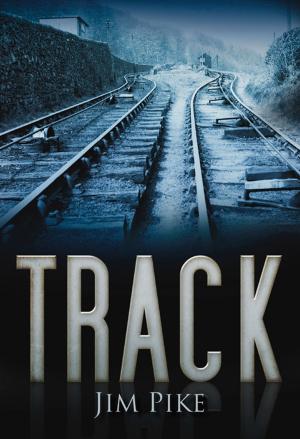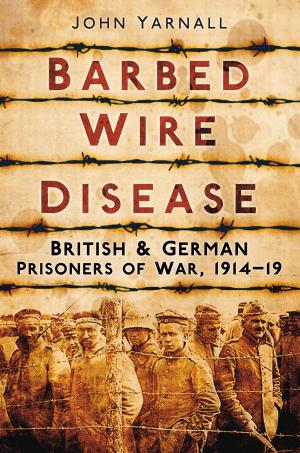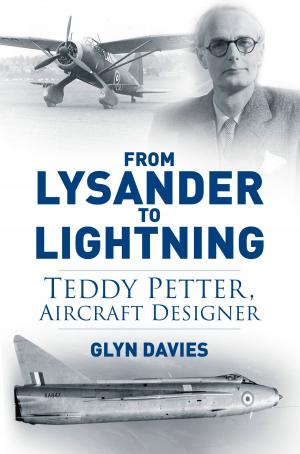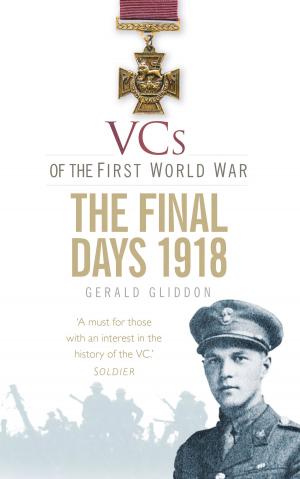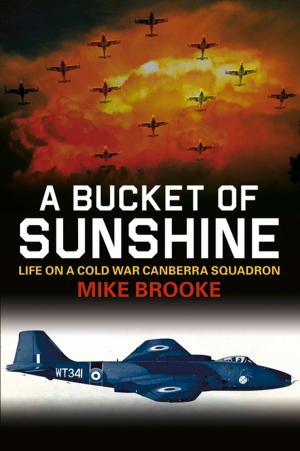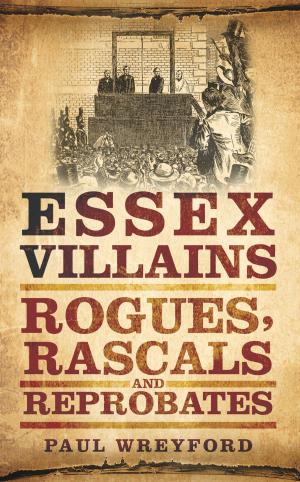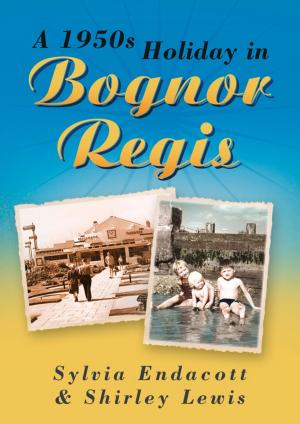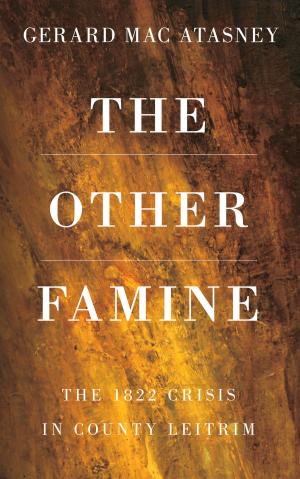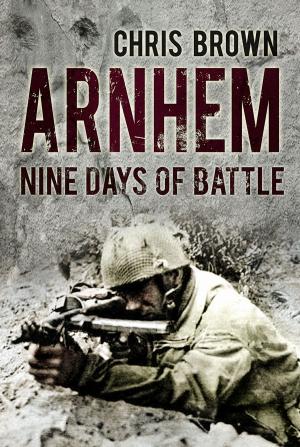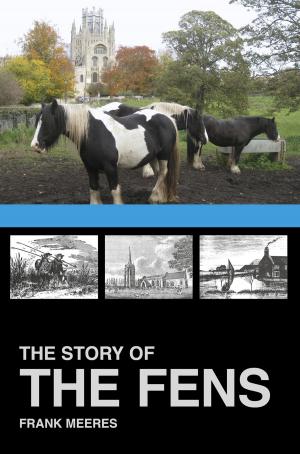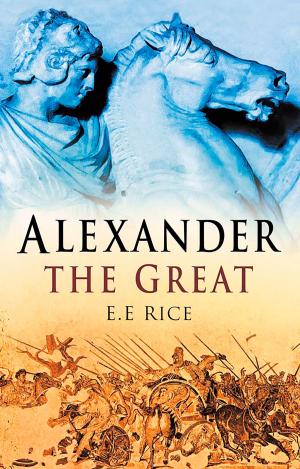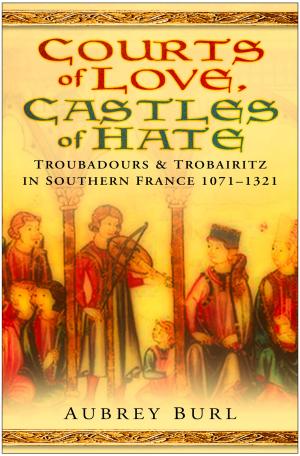Gas Masks for Goal Posts
Football in Britain during the Second World War
Nonfiction, Sports, Football (Soccer), History, Military, World War II| Author: | Anton Rippon, Sir Tom Finney | ISBN: | 9780752471884 |
| Publisher: | The History Press | Publication: | October 21, 2011 |
| Imprint: | The History Press | Language: | English |
| Author: | Anton Rippon, Sir Tom Finney |
| ISBN: | 9780752471884 |
| Publisher: | The History Press |
| Publication: | October 21, 2011 |
| Imprint: | The History Press |
| Language: | English |
"I was 12th man for England against Wales at Wembley. Within a few minutes, the Welsh half-back broke his collar bone. They had no reserves and I as the only spare player to hand. That's how I made my international debut - for Wales." - Stan Mortensen, Blackpool and England. When Britain declared war on Germany in September 1939, football came to an abrupt halt. Large crowds were banned, stadiums were given over to military use, most players joined up. Then it was realised that if victory was the national goal, soccer could help - and football went to war. For the next six years the game became hugely important to Britain. Boosting morale among servicemen, munitions workers and beleaguered citizens alike - and raising hundreds of thousands of pounds for war funds. It was a game with plenty of human stories. Some footballers were dubbed 'PT commandos' or 'D-Day dodgers'. Others, however, saw action. Pre-war heroes on the pitch became wartime heroes off it. This book captures the atmosphere of the time and tells the story of a unique period in football's history.
"I was 12th man for England against Wales at Wembley. Within a few minutes, the Welsh half-back broke his collar bone. They had no reserves and I as the only spare player to hand. That's how I made my international debut - for Wales." - Stan Mortensen, Blackpool and England. When Britain declared war on Germany in September 1939, football came to an abrupt halt. Large crowds were banned, stadiums were given over to military use, most players joined up. Then it was realised that if victory was the national goal, soccer could help - and football went to war. For the next six years the game became hugely important to Britain. Boosting morale among servicemen, munitions workers and beleaguered citizens alike - and raising hundreds of thousands of pounds for war funds. It was a game with plenty of human stories. Some footballers were dubbed 'PT commandos' or 'D-Day dodgers'. Others, however, saw action. Pre-war heroes on the pitch became wartime heroes off it. This book captures the atmosphere of the time and tells the story of a unique period in football's history.

